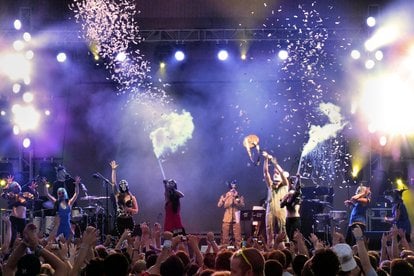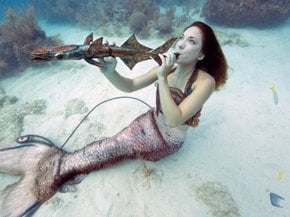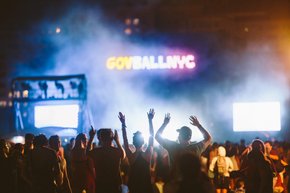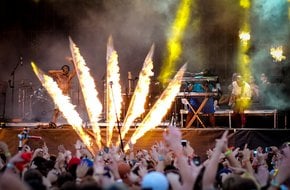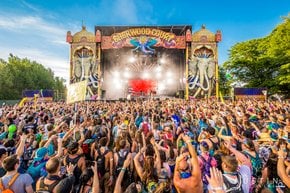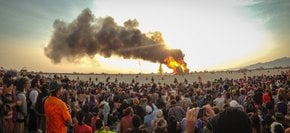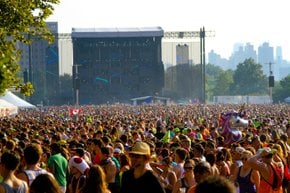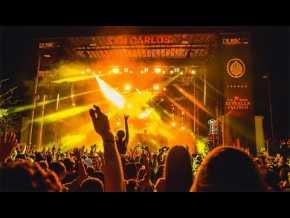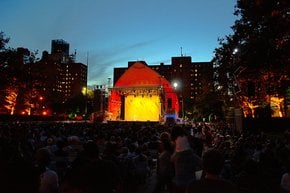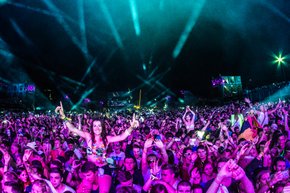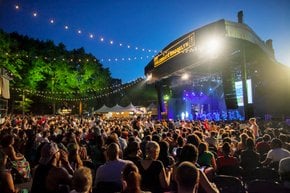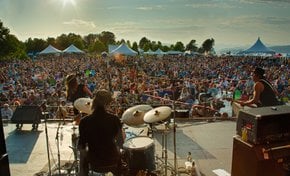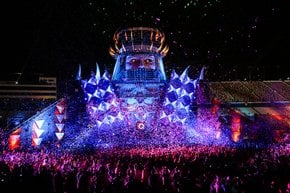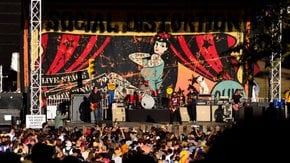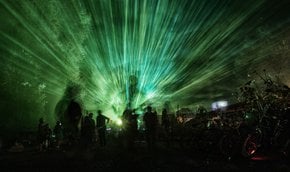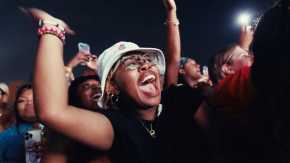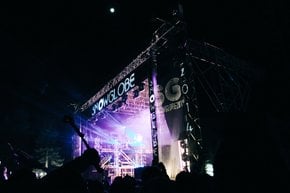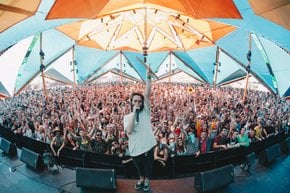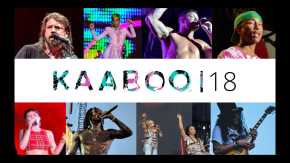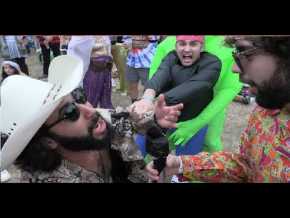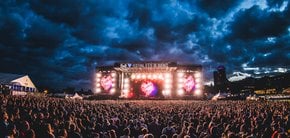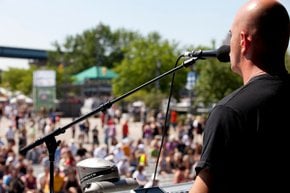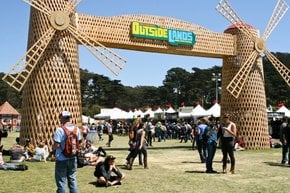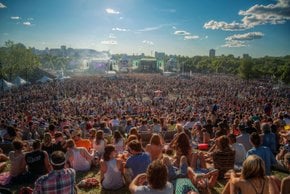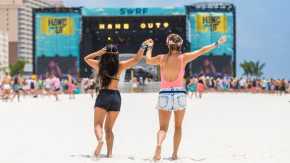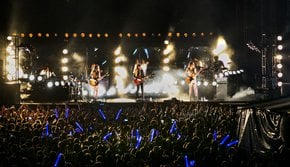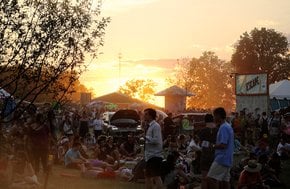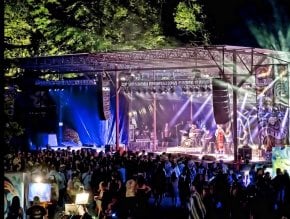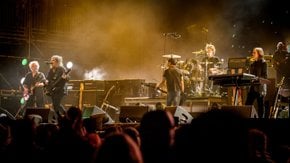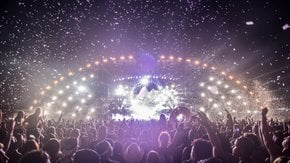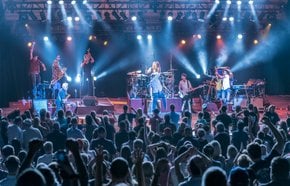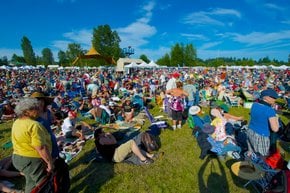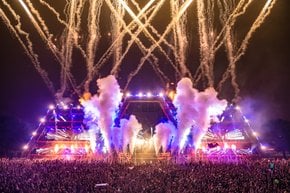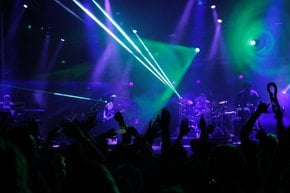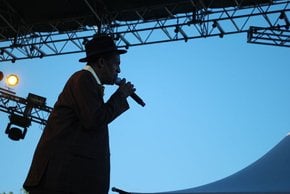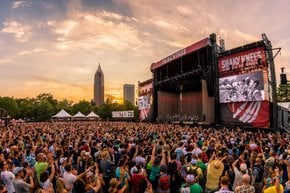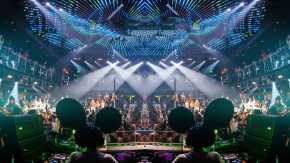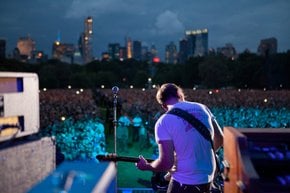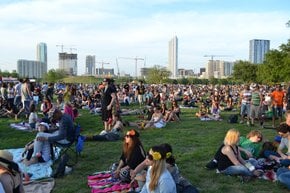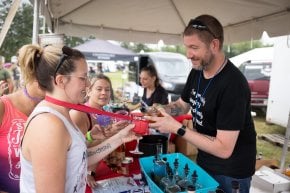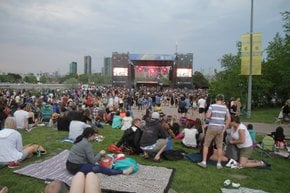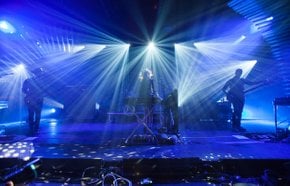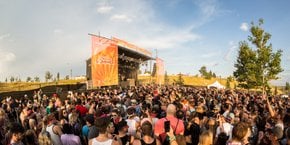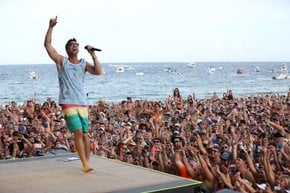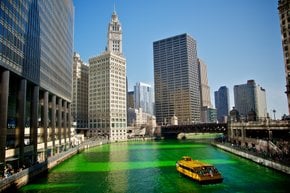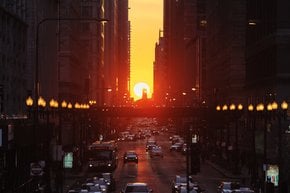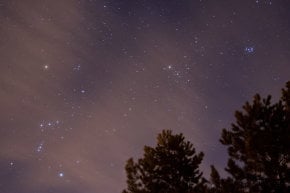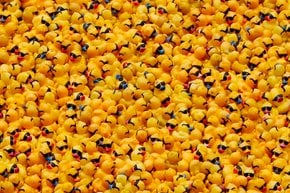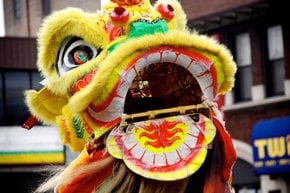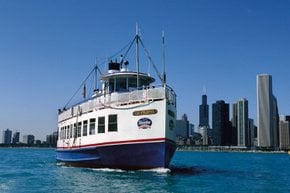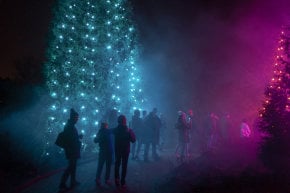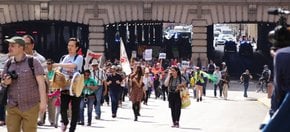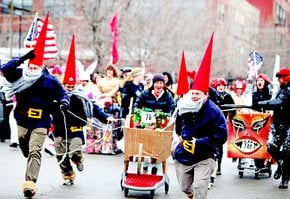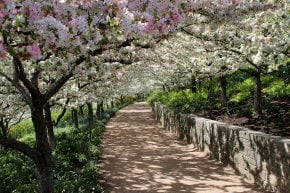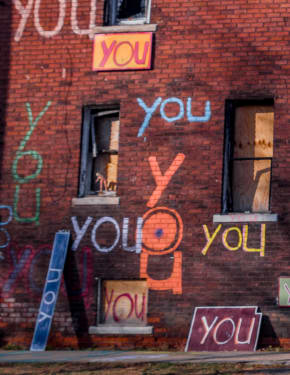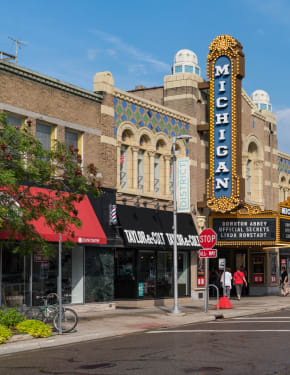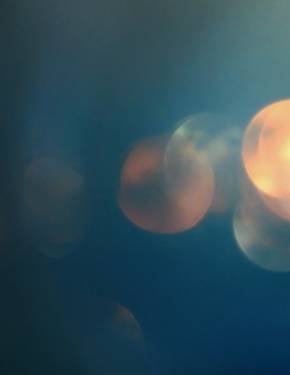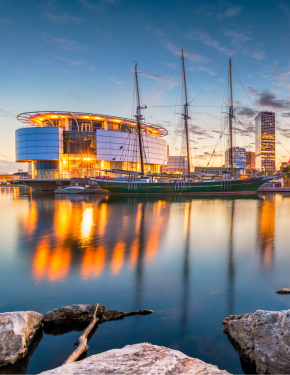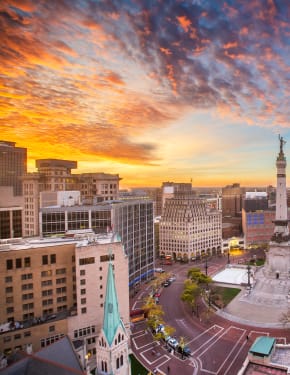Lollapalooza 2024 in Chicago
One of the oldest and most famous alternative music festivals is a must-visit!
Dates: August 1-4, 2024
Lollapalooza, one of the most renowned alternative rock festivals, has showcased legendary artists like Red Hot Chili Peppers, Smashing Pumpkins, Eminem, Depeche Mode, Muse, Radiohead, and Lana Del Rey. Festival-goers can look forward to not only iconic musicians and artists but also a variety of food and performances. Drawing in 160,000 attendees over several days, Lollapalooza is traditionally held at Grant Park in Chicago.
Lineup
In 2024, Lollapalooza will showcase over a hundred bands and performers across eight stages. The festival kicks off with Megan Thee Stallion and Hozier headlining the first day. On the second day, attendees can enjoy performances by SZA and Stray Kids. The third day features The Killers and Future x Metro Boomin as headliners, with an additional concert by Skrillex on Saturday night. The festival concludes with Blink-182 and Melanie Martinez headlining the final day.
Kidzapalooza
Kidzapalooza is the hub for family-focused fun at the festival. Young attendees can enjoy mini yoga classes, dance to kid-friendly music, and capture memories at a colorful selfie station. Hip-Hop House Party will host workshops teaching kids how to rap, scratch, beatbox, and more. Children can also join daily drumming circles in the drum zone. The Kidzapalooza stage promises pure joy for all our younger Lollapalooza fans.
Tickets
Tickets are available as single-day general admission for $149 and four-day general admission for $409. For the ultimate Lollapalooza experience, Platinum tickets offer access to luxurious, climate-controlled lounges with cocktails and food. A one-day Platinum Pass is priced at $2,080, while four-day Platinum tickets start at $4,500.
History
Founded in 1991 by Perry Farrell, the lead singer of Jane's Addiction, Lollapalooza began as a farewell tour for his band. Its overwhelming success led to it becoming an annual event. In 2010, Lollapalooza expanded beyond the United States, debuting in Santiago. A year later, São Paulo hosted the first Brazilian version, followed by expansions to Buenos Aires and Berlin in the subsequent two years.

